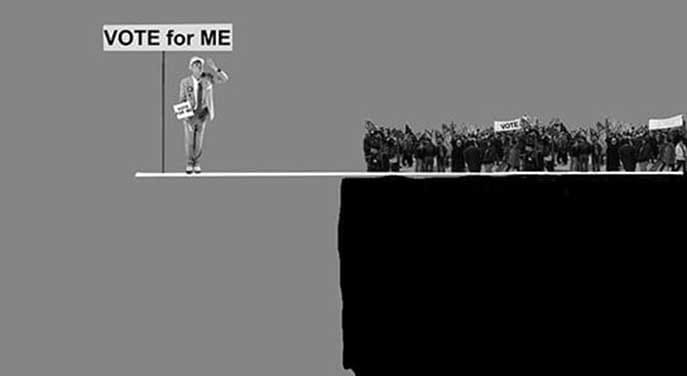“I wasted time, and now doth time waste me; for now hath time made me his numbering clock: my thoughts are minutes; and with sighs they jar their watches on unto mine eyes, the outward watch, whereto my finger, like a dial’s point, is pointing still, in cleansing them from tears,”
William Shakespeare wrote in Richard II (1595).
 What does this mean? There are situations that could have either occurred differently, or have been completely avoided, if not for the actions and/or inactions of individuals and groups. Since these moments never materialized, our society has witnessed a certain amount of time wasted on an event rather than being used more productively.
What does this mean? There are situations that could have either occurred differently, or have been completely avoided, if not for the actions and/or inactions of individuals and groups. Since these moments never materialized, our society has witnessed a certain amount of time wasted on an event rather than being used more productively.
Election 2021 fits this description surprisingly well.
For the record, my column was written on Sept. 20, or election day. I could have waited 24 hours to discuss some of the winners and losers during the 36-day federal campaign.
I opted against this strategy, however.
Most polling firms show a very tight race between Prime Minister Justin Trudeau’s Liberals and Erin O’Toole’s Tories. This could delay the decision desks at major news organizations due to late tallies and a high number of election recounts.
More than one million special ballot kits were reportedly mailed out. Slightly over half had been returned. The large number of outstanding mail-ballots in a close election could delay an announcement of the final result by an additional few days.
And in a world where timing is everything, the federal election has been a colossal waste of time, effort and money.
So, I decided instead to theorize what Canada could potentially look like on Sept. 21.
 I had previously predicted the next government would either be a Liberal minority or Tory minority. That’s not terribly surprising, of course. Nevertheless, it had been my gut feeling for more than half the campaign.
I had previously predicted the next government would either be a Liberal minority or Tory minority. That’s not terribly surprising, of course. Nevertheless, it had been my gut feeling for more than half the campaign.
A majority government seemed highly unlikely. This was due to several factors: internal and external polling, trends and patterns over the past few weeks, ground games of the political parties, leaders’ debate performances, the mood of the electorate, historical examples and juxtapositions, personal analysis and general assumptions that most columnists and political commentators in Canada carry deep in their bag of tricks.
A few unknown elements would ultimately decide the election.
Did the Liberals have a big lead in Ontario over the Tories, or nothing more than a small advantage? Did the NDP underperform or finish above expectations in B.C.? Did the Bloc Quebecois’s late surge in La belle province disrupt the expected seat count? Did the People’s Party of Canada win seats or play spoiler in a significant number of close ridings?
It was possible that a few of them could cancel each other out, depending on the total voter turnout and which way the political winds were blowing.
My guess? A Tory minority by the barest of margins – 10 seats or less. It wouldn’t have surprised me if a Liberal minority by that same narrow margin had also occurred. Either way, the result would be one of the closest federal elections in our country’s history.
What would happen the day after the vote?
Many Liberals would be furious with Trudeau for calling an early, unnecessary and costly election that put them in a worse political position than before. Tories would largely be pleased with O’Toole’s progress, whether he won or lost, but unsure where things would go from here. The political fate of party leaders like Jagmeet Singh, Annamie Paul, Yves-Francois Blanchet and Maxime Bernier would be determined by the NDP, Greens, BQ and PPC faithful, respectively.
The new minority government, be it Liberal or Tory, would face a nearly impossible task of making Parliament work efficiently and effectively. Getting legislation passed would be similar to carrying around the sword of Damocles for eternity and a day. The new session of the House of Commons wouldn’t last more than 12-18 months. Canadians would be back at the polls before long.
Does this scenario sound rather frustrating and unenjoyable? Well, it would be.
Were my fearless predictions about today and tomorrow close to the mark or way off?
What will the Canadian political process look like for the foreseeable future?
All in good time, ladies and gentlemen.
Michael Taube, a Troy Media syndicated columnist and Washington Times contributor, was a speechwriter for former prime minister Stephen Harper. He holds a master’s degree in comparative politics from the London School of Economics. For interview requests, click here.
The views, opinions and positions expressed by columnists and contributors are the authors’ alone. They do not inherently or expressly reflect the views, opinions and/or positions of our publication.
© Troy Media
Troy Media is an editorial content provider to media outlets and its own hosted community news outlets across Canada.

